Dogs thrive on routine. A happy dog is one who knows exactly what to expect from his life: what time he will be fed, what time he will be walked, and how much time he will get to spend with his favorite human. So when their routine is suddenly changed by a life-altering event, such as a child going off to college or the addition of a new spouse, baby, or fur child, they can become stressed out and start displaying behavior that might be perceived as “acting out.” Unfortunately, change happens. So how can you help your dog cope with a big change to their routine? Understanding that they are acting out of stress can help. Here are some other tips for helping your dog cope with a sudden change to their routine.
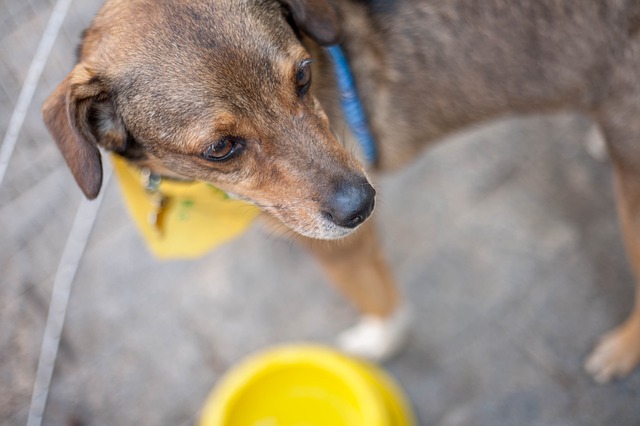
Try to make changes slowly
In a perfect world, you will have advance notice that a change is coming, like with a child going off to college or having a baby on the way. Try to introduce changes to your dog’s routine slowly. If you know somebody will be leaving the home, have them start spending less and less time with the dog before they actually leave. If the addition of a baby will change the dog’s routine, such as no longer being allowed on the furniture, employ those new rules and routines as soon as possible before the baby comes. If you anticipate a change in work schedule and you will need to change your dog’s feeding or walk times, try to change them by only 15 minutes at a time to give your dog time to adjust to an earlier or later time. If possible, try to only make one change at a time to their routine. Once they’ve adapted to one aspect of a new routine, it will be easier for them to adapt to another aspect of the new routine.
Sometimes it isn’t possible to make changes to a dog’s routine slowly, like if a member of the family ends up in the hospital unexpectedly. If the change is temporary, do what you can to adapt your dog’s schedule so that it works for the whole family. If the change is permanent, you’ll need to create a new schedule for your dog and stick to it without wavering. Your dog needs to know what to expect, and if everything changes at once, the best thing you can do is to immediately establish a new routine so that your dog can learn how to adjust.
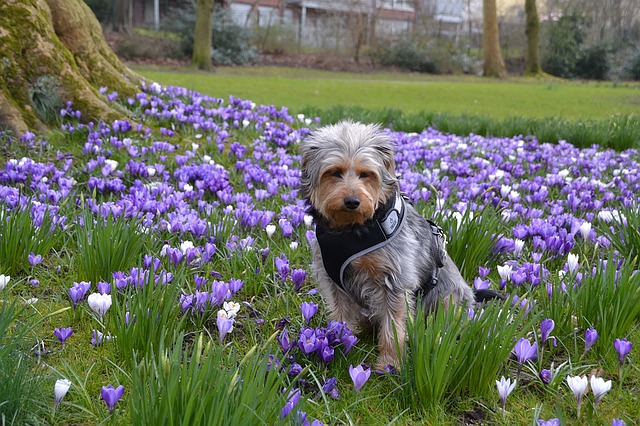
Be consistent
It’s important to keep your dog’s routine the same 7 days a week. If you feed your dog at 6 am on weekdays, sleeping in until 8 on the weekends will stress him out, especially in situations where a large change has occurred suddenly. Only the routine of a consistent schedule will help your dog relax. That also means consistently maintaining a clear set of rules and expectations. According to Pets4Homes:
“You might think it is a kindness to allow your dog to break with his usual behavior norms on occasion – for example, sitting on the furniture or sleeping on the beds – but these kinds of ‘exceptions’ and lack of consistency in his training and handling will only serve to confuse him. Your dog needs you to provide a clear framework for what is and is not allowed, and stick to it – take away his frame of reference for what is and is not allowed, and you will do him a disservice in the long term.”
The more consistent you are with your dog’s daily routine, the more quickly he should be able to adjust to any changes with a minimal amount of stress.
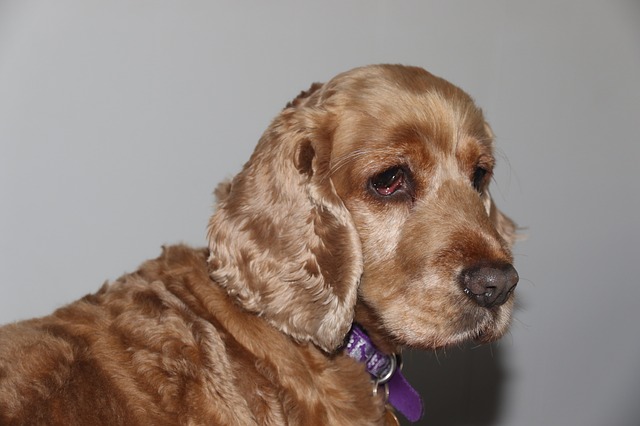
Treat anxiety
Big life changes can cause a lot of anxiety for your dog. Luckily, there are lots of things you can do to help alleviate your dog’s anxiety while he adjusts to a new routine.
Play soothing music – “Through a Dog’s Ear” is a highly recommended album (it has a 4.5-star rating on Amazon with 472 customer reviews) of music specifically designed to help dogs relax. Classical music has also been shown to help dogs (and people) relax.
ThunderShirt – The ThunderShirt is a tight garment that feels like a relaxing hug to your anxious dog. They claim to help 80% of dogs reduce their anxiety, and their 4-star rating seems to back up this statistic.
Supplements – There are a variety of supplements on the market (including Project Paws® Advanced All-Natural Calming Chews for Dogs, every purchase of which feeds 7 shelter dogs) designed to help dogs relax. This can be a great step to try before resorting to more heavy-duty medications prescribed by a veterinarian.
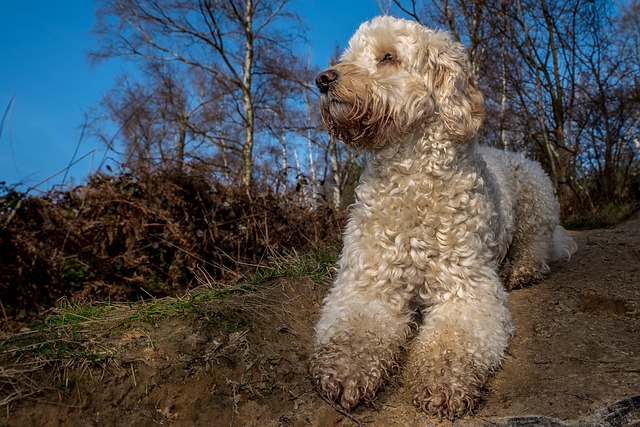
Medication – When all else fails, there are several medications that may be prescribed to help reduce your dog’s anxiety. The idea of putting your dog on medication may be unappealing, but you need to consider your dog’s overall quality of life. If his life is seriously impacted by his anxiety, medication may be the best way to help him be healthier and happier. There are a variety of different medications with different indications and possible side effects, so you’ll want to have a detailed conversation with your vet about which medication might be best for your dog.
Exercise – Exercise is a great stress reliever for both dogs and humans. More or longer walks may help your dog adjust to a new routine.
Stay Calm – Dogs can pick up our stress, so if you are upset by whatever is causing the change in your dog’s routine, he will pick up on your anxiety and take it on as his own. Do your dog a favor and try not to pass on your stress.
Pheromones – Synthetic pheromones can mimic the ones given off by mothers within a few days of a puppy’s birth. This can help relax them.
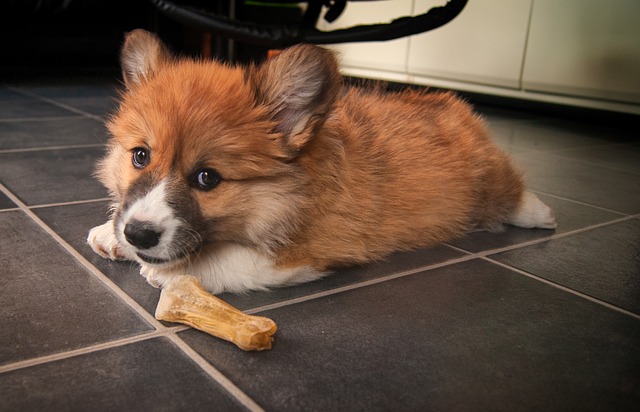
Give it time
The most important thing to remember when your dog’s schedule changes is that they need time to adjust. Some dogs will adjust quickly and some may take a long time, but time and consistency should help your dog adjust to your new routine.
(H/T: Pets4Homes, Hollywood Feed, WikiHow, PetMD)
